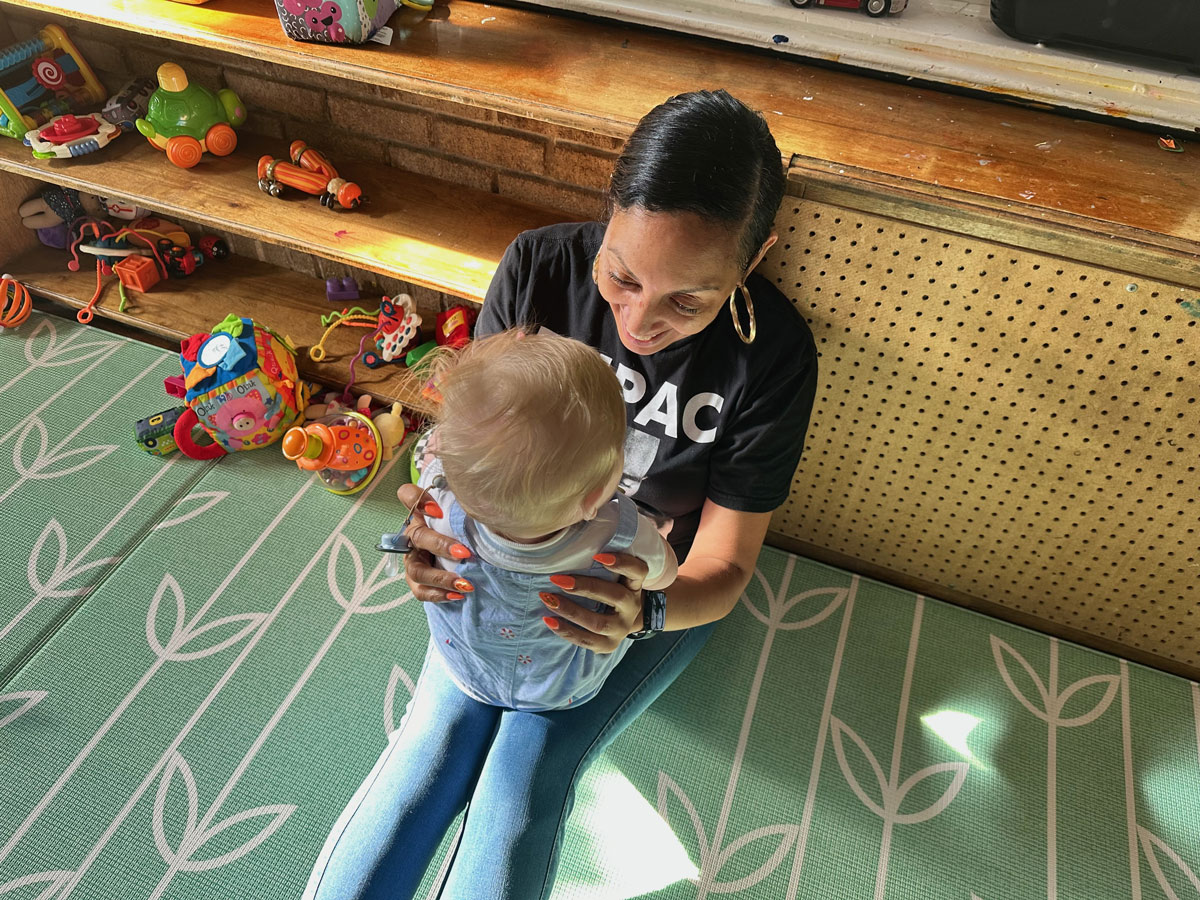
Daily Schedule
A daily schedule maximizes children’s learning though effective use of time, materials used for play, self-initiated learning, and creative expression. It also offers opportunities for children to learn individually and in groups according to their developmental needs and interests. We plan for all areas of development: cognitive, language, physical (large and small muscle) and social/emotional.
The daily schedule shall include these elements
- Self-directed play and exploration
- Story time
- Music and movement
- Outdoor time
- Nap time
- Snack and mealtimes
- Group time (both large and small group)
- Diaper changes, hand-washing, and bathroom
General Principles
Each child and each group of children is different so there is no one “right” schedule
Our carefully planned schedules will:
- Be predictable - routines provide security and comfort for younger children as they grow out of infancy
- Be flexible - not rigid
- Include a variety of activities in some form every day Variety of toys/activities that focus on development of small and large muscles
- Art, books, music and singing, simple problem solving, cause and effect, and social experiences
- Opportunities for visual, auditory, and sensory stimulation
- Have a balance between activities that are:
- Active vs. calm
- Individual vs. group
- Child-initiated vs. teacher-directed
- Indoor vs. outdoor